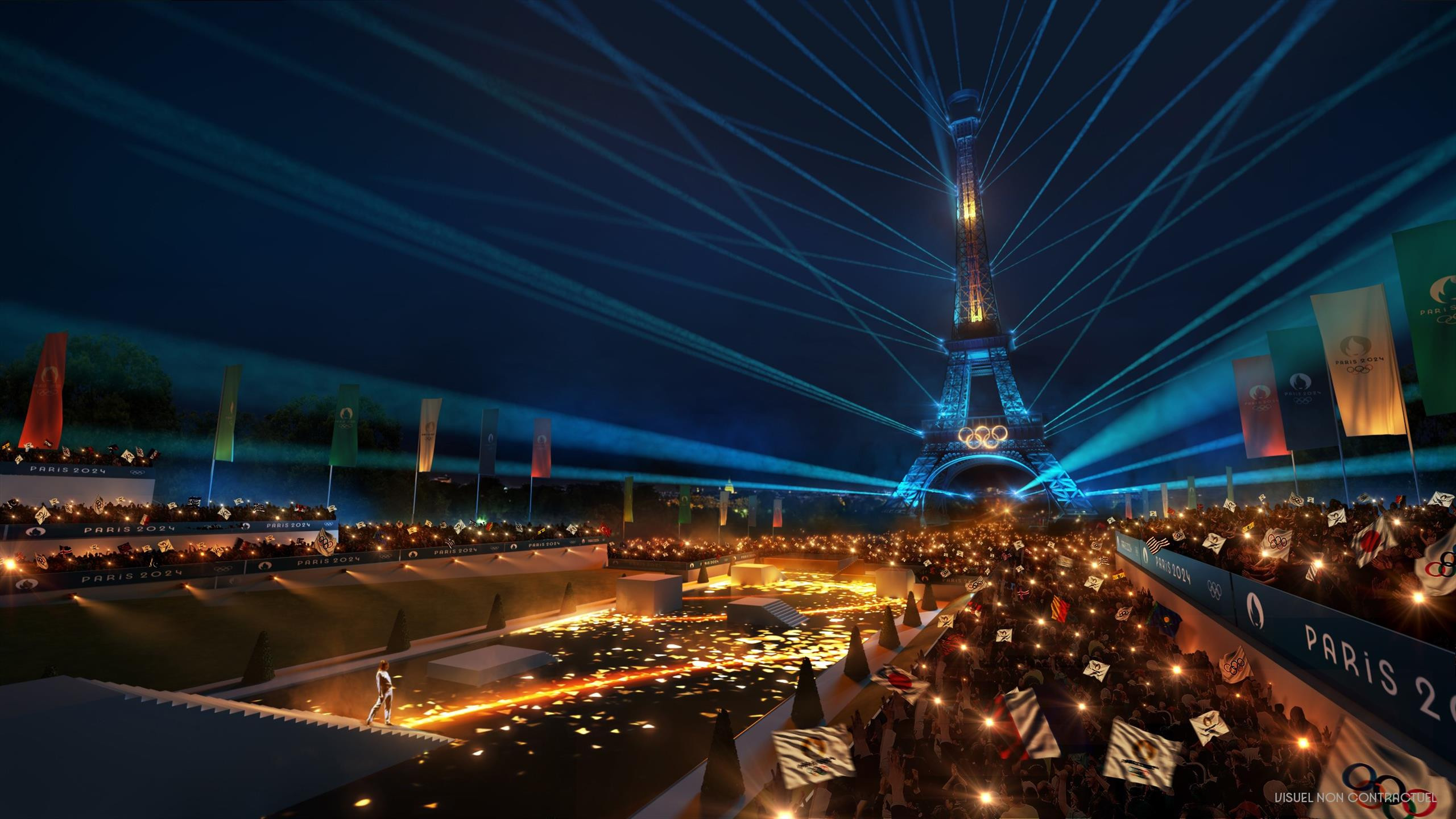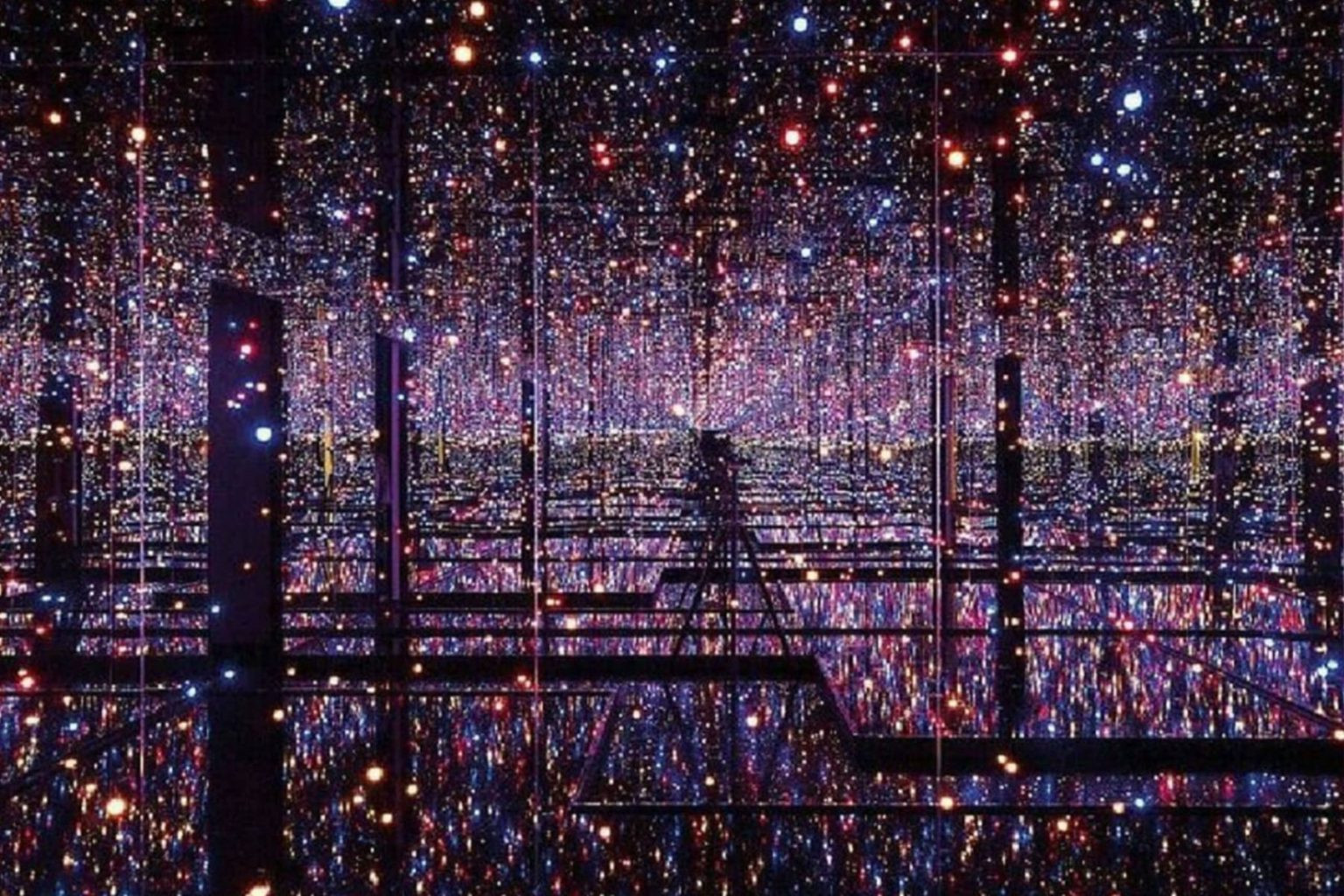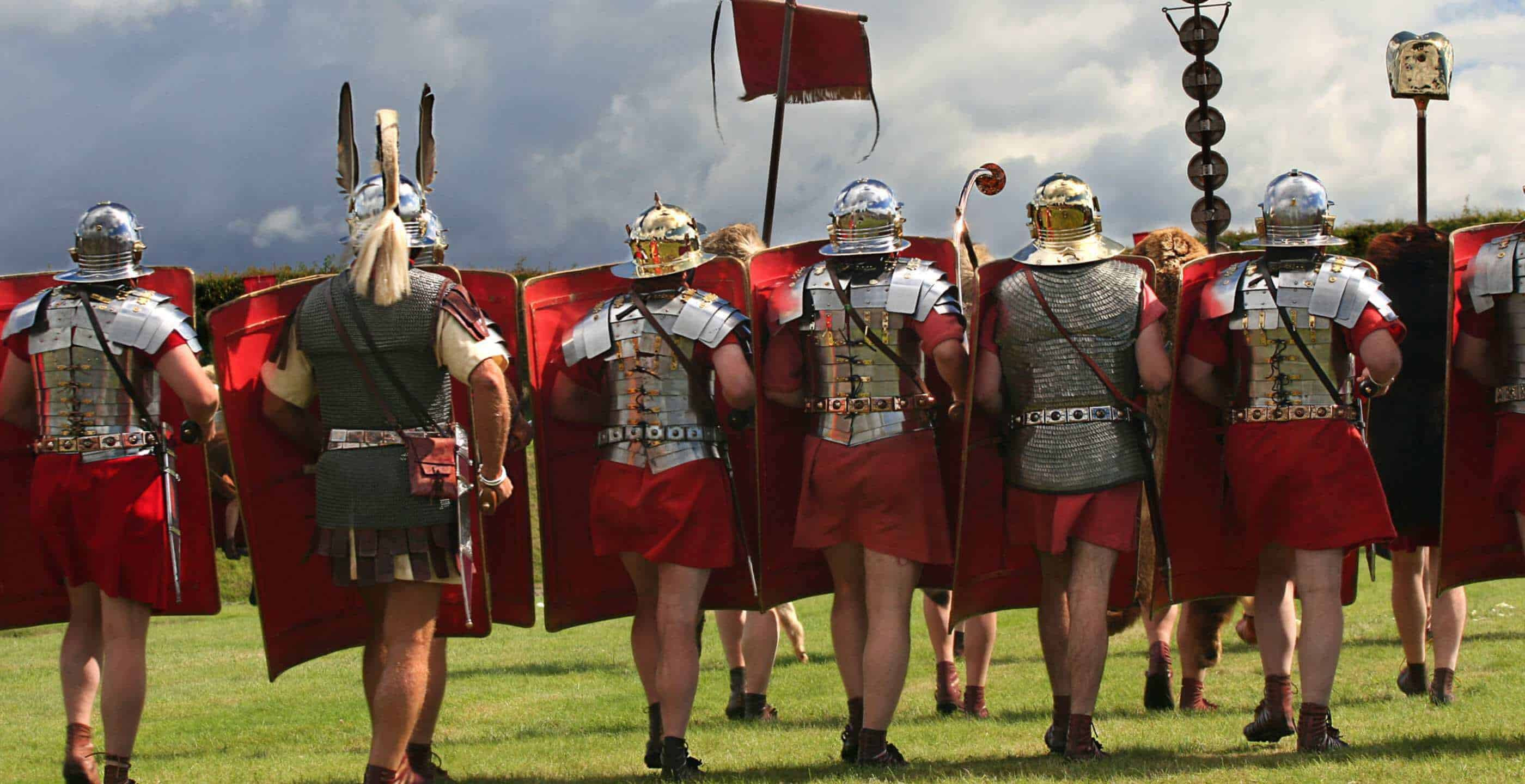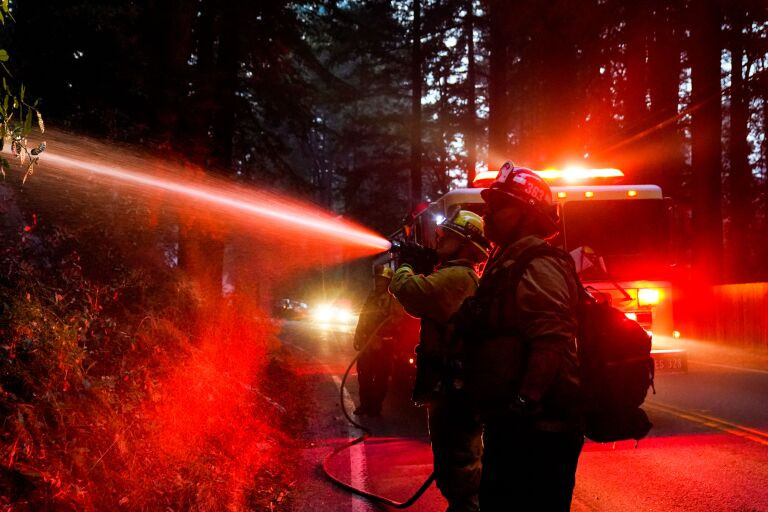Fiji Rugby Team's Heartwarming Show of Respect for President Michael D. Higgins
President Michael D. Higgins' pre-match encounter with the Fijian rugby team before their Autumn Nations Series clash against Ireland on Saturday created a beautiful moment that resonated deeply with spectators and online viewers alike. As the President greeted the Fijian players, many of them knelt and bowed in a gesture of profound respect. This display of humility and sportsmanship, captured in several tweets and videos, quickly spread across social media.
The Bowing Players: A Show of Respect and Cultural Understanding
The scene unfolded as President Higgins made his way along the line of players, shaking hands with each one. The Fijian players, known for their powerful physique, took turns to bow or kneel, creating a striking visual contrast with the President's stature. The gesture was met with warm applause from the crowd at the Aviva Stadium, demonstrating a shared appreciation for the moment. Virgin Media pundit Matt Williams observed that this act of respect is characteristic of Melanesian culture, further enriching the significance of the event.
Online Reactions: A Wave of Positive Sentiments
The internet exploded with positive responses. Tweets like “That was a class moment” and “Beautiful” captured the widespread sentiment. Neil Treacy of RTE highlighted the contrast between a subdued atmosphere and the players’ heartfelt gesture, calling it a “lovely moment.” Another user even praised it as “world-class. Peak of respect.” This outpouring of praise showcases the far-reaching impact of this simple yet powerful act of respect.
Beyond the Bow: Fiji's Irish Cultural Immersion
The Fijian team's engagement with Irish culture extended beyond the pre-match ceremony. Several days prior, they participated in a hurling demonstration at St. Brigid's Russell Park ground in Castleknock. Interestingly, the motions in their traditional Cibi war dance bear resemblance to the hurling follow-through, making the transition surprisingly natural. The adoption of the Cibi war dance by the national team in 1939 for a match against New Zealand adds historical significance to their cultural exchange.
The Cibi War Dance: A Unique Cultural Display
The Cibi war dance, originally an ancient war dance, has become a strong symbol of Fijian national identity and team spirit. Its performance in Ireland, coupled with the hurling demonstration, highlights the Fijian team’s willingness to connect with the host nation's culture on a deeper level. The last time the Cibi was performed at Aviva Stadium was in 2017, which marked an equally unique cultural moment.
Ireland's Disciplinary Concerns: A Look Ahead
While the Fijian team's display of respect captivated the audience, the Irish team faced its own challenges heading into the match. Captain Caelan Doris acknowledged the excessive penalty count in their previous matches against New Zealand and Argentina, expressing a commitment to improved discipline. He stated, “Definitely. It’s something we’ve spoken about a lot over the last couple of weeks...There’s an onus on everyone to be a little bit more focused, a little bit sharper there. And take no chances.” This focus on discipline underscored the Irish team's determination to improve performance and avoid repeating previous mistakes. The Irish team's commitment to improvement shows their dedication to the game and highlights the ongoing evolution of competitive sports.
The respectful gesture by the Fiji rugby players was a highlight of the weekend, showcasing the potential for meaningful cross-cultural interactions within the world of international sports. It was a moment that transcended the game itself, leaving a lasting impression on both fans and participants. The spirit of sportsmanship demonstrated by the Fijians served as an inspiring reminder of the shared values that unite nations. The power of a simple act of respect and the significance of cultural exchange were beautifully illuminated. Such displays are what make rugby and sports in general so universally beloved. The world needs more moments like this, connecting diverse cultures and people. The impact of these actions will be felt for many years to come.

















